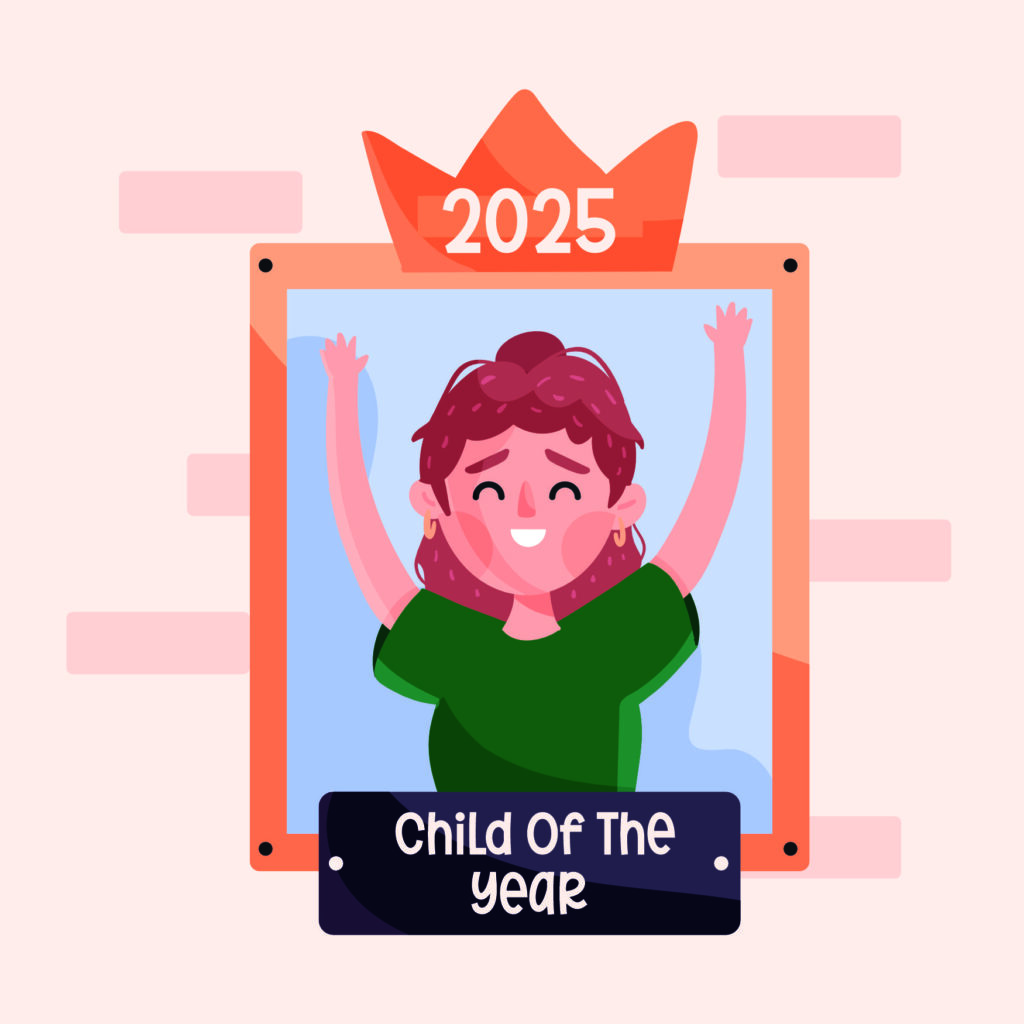
GUARDING THE HEART
Traditionally, learning was believed to be confined to the brain – with specific brain centres responsible for memory, attention, and emotional regulation. However, emerging evidence reveals that the heart, long considered merely a circulatory organ, is now recognised as a dynamic and foundational contributor to learning.
In 1991, Dr. J. Andrew Armour discovered the heart’s own intrinsic nervous system, an independent “little brain” containing about 40,000 neurons, neurotransmitters, and support cells. This system enables the heart to process information, remember it and communicates with the cranial brain by sending sensory signals that influence perception, decision-making, and other cognitive functions. Armour even stated that the heart knows things before the brain can catch up.
This heart-brain communication reveals the heart’s profound influence on emotion, cognition, and behaviour. Research shows that heartbeat timing affects motor control and sensory perception, while coherent heart rhythms, especially those reflected in heart rate variability (HRV), are linked to emotional stability and cognitive clarity. When the central autonomic network (CAN) is disrupted, learning and emotional regulation suffer. Studies also suggest that the heart retains emotional memories independently of the brain, shaping future responses. Synchronisation between heart and brain activity fosters resilience and adaptability.
It becomes clear how emotions such as anger or stress disrupt the heart’s rhythm and, in turn, impair the brain’s ability to engage in logical thinking and reasoning. For children, this emotional dysregulation can significantly hinder learning, as their brains become less able to access memory, attention, and reasoning.
Just as physical blockages in the heart’s nervous system disrupt cognitive development, spiritual blockages such as unforgiveness, pride, or fear hinders our spiritual growth. In Jewish tradition the heartis considered the centre (seat) of emotions, wisdom, and is even said to be a person’s core identity. It is where one’s inner self resides. King Solomon understood the importance of a pure heart when he wrote in Proverbs“Above all else, guard your heart, for everything you do flows from it.” He knew that the heart influenced who he was as a person.
A pure heart, free from sin, allows us to be guided by the Holy Spirit and hear His promptings. Just as the physical heart supports learning and emotional health, our spiritual heart affects our relationship and communication with God.
Ms M Joosten, Foundation Phase Head
SOURCES: https://www.heartmath.org/our-heart-brain, https://www.heartmath.org/research/science-of-the-heart/heart-brain-communication, https://www.heartmath.org/articles-of-the-heart/the-math-of-heartmath/heart-rate-variability, https://www.ncbi.nlm.nih.gov/medgen/1631567, https://www.ncbi.nlm.nih.gov/medgen/864459

ME, MYSELF AND I. BREAKING THE MINDSET
Children sometimes complain about a teacher giving them a low mark or may voice dissatisfaction about the coach or the team selection process because they did not make the team. Could it be that the child believes they deserve something that they have not earned? Entitlement is when one expects something for nothing. Unfortunately, today’s culture encourages entitlement, which, to be honest, is not a flattering characteristic. To change this in children, requires consistent and determined effort. If we are overindulgent and do not give clear boundaries, this mindset could be aggravated in children.
Consider the following guidelines
1. All work and no play makes Jack a dull boy – this was true years ago but an adapted idiom may suit today’s generation – all play and no work makes Jack an entitled boy. Children must learn to work. They must know how much work it costs to earn the money to buy the bicycle they want.
2. Allow children to experience hard things and face challenges. Teach them how to cope with setbacks and failures. If adults always step in when times are tough, children will expect this type of treatment into adulthood.
3. The saying goes that there is always someone smarter than you, better than you, faster than you. Teach children the value of good sportsmanship in all spheres of life over the value of winning. Children will lose more graciously, praise talent more readily and see themselves more realistically.
4. Teach children the value of other people. Help them to see beyond themselves. Invite someone from a different social circle. Learn about other cultures. Involve them in volunteer work and community service. “Everyone in the world worth being nice to. Because God never creates inferior human beings, each person deserves respect and dignity.” Ben Carson
Mrs E Gouws, Intermediate Phase Head
Sources: https://brieflycounseling.com/strategies-for-combatting-entitlement-in-kids-and-teens/https://clm4kids.org/11-ways-to-raise-kinder-less-entitled-kids
https://www.imom.com/entitled-children

ACADEMIC SUCCESS
“The top students don’t necessarily get the top results because they’ve got higher IQs or because they’re smarter than anyone else.” Douglas Barton
With prelim exams around the corner, and the NSC and November exams fast approaching, it is worth taking note of what gives top performers that extra edge.
Elevate Education, a global educational organisation, emphasises the critical importance of using past papers for academic success. According to Elevate, top learners tend to complete significantly more practice exams than their peers. Not only does this strengthen their grasp of the subject, but it also increases their familiarity with exam formats, boosts their time-management skills, and helps identify any remaining knowledge gaps.
Douglas Barton, the founder of Elevate, highlights this in his TEDx talk, where he explains that consistent practice using past papers builds confidence. Learners become more comfortable with common question formats and exam challenges. This approach reduces anxiety and prepares them for the actual exam.
Douglas Barton’s key message on past papers is:
Practice exams are the strongest predictor of success.
Barton cites research showing that the number of practice papers completed by students can almost perfectly predict their exam outcomes – and even rank entire classes.
They teach skills beyond content.
By completing past papers, students learn how exams are structured, manage their time effectively, and internalise command terms – skills essential for performing under real test conditions.
Practice is empowering and controllable.
Unlike intelligence (IQ), practice tests are within students’ control. Completing them builds confidence, reduces anxiety and fosters self-discipline.
I like to tell my learners that when they work through past exam papers, they are getting into the mind of the examiner – learning to understand the person behind the paper. It helps them recognise recurring questions or topics and familiarises them with the language, tone, and structure commonly used in exams.
Both teachers and parents are encouraged to look at Barton’s TED Talk on this topic at https://www.youtube.com/watch?v=Na8m4GPqA30&t=10s
Mr D van Straten, Head of FET Phase

THE SOUL BEFORE KNOWLEDGE
In our world today, education is often measured in test scores, achievements, and career opportunities. These things matter, but they are not the most important part of raising children. As, teachers and parents we must remind ourselves continually: the soul of our children is the first thing to be considered.
Even Billy Graham who was among the most influential Christian leaders of the 20th century had this to say about education: “Our educational system has become one-sided. We develop the mind and neglect the soul.”
J.C. Ryle English (10 May 1816 – 10 June 1900) bishop, preacher, and writer in the evangelical and Calvinist traditions wrote with deep conviction: “Precious, no doubt, are these little ones in your eyes; but if you love them, think often of their souls. No interest should weigh with you so much as their eternal interests. No part of them should be so dear to you as that part which will never die.”
This is a sobering truth. The world with all its wealth, beauty, and knowledge will one day pass away—but the souls of our children will last forever. Every decision we make about their schooling, their friendships, their habits and their entertainment should be weighed against one great question: “How will this affect their souls?”
It is not true love to indulge and pamper our children as if this world were all they had. That is, treating them like creatures of the earth with no eternity ahead. Real love is raising them with heaven in mind.
Knowledge is good, but wisdom begins with God. Education trains the mind, but faith trains the soul. Let us be parents and teachers who give our children both—but never forget which must come first.
Mrs G Geldenhuys, Academic Head
